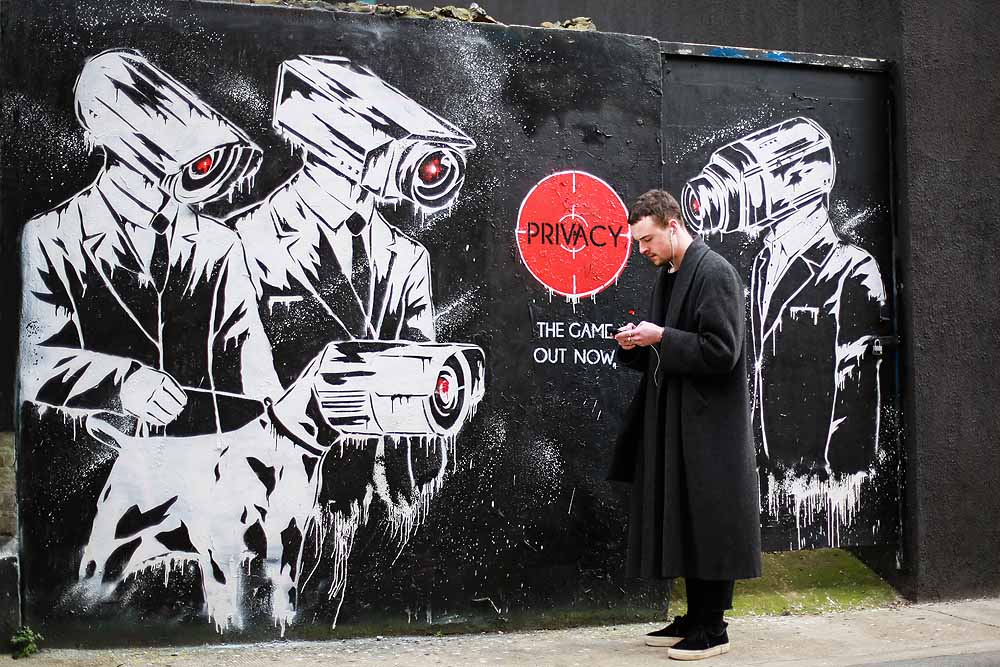Criminal Defense Careers
 If you are a fan of television courtroom dramas, you may have dreamed of a career as a criminal defense lawyer.
If you are a fan of television courtroom dramas, you may have dreamed of a career as a criminal defense lawyer.
Careers in criminal defense
But it’s more than just putting on a nice suit, driving a hot car, and looking good in front of a jury. Criminal defense attorneys must study hard for years just to become lawyers.
Education and experience
Formal requirements to become a lawyer begin with usually a four-year college degree. Many lawyers major in political science or criminal justice. A bachelor’s degree is followed by three years of law school and passing a written bar examination. However, some requirements may vary by state.
To obtain hands-on experience in the legal system, many law students may do internships with a district attorney or work as a law clerk for a judge. This familiarizes them with both sides of the law-prosecution and defense.
Once in practice, about 26 percent of lawyers are self-employed in private practice or as partners in law firms. Once they start work, they truly begin to go to work for their clients, who can range from drug addicts to investment bankers. The attorneys defend their clients against a variety of charges, including-
Arson
Bribery
DUI
Fraud
Embezzlement
Domestic violence
Assault
Drug-related crimes
Burglary
Theft
Murder
White collar crimes
The work
The attorneys usually work between 60 to 80 hours a week. Much of the time is spent taking depositions, meeting with clients, making motions in the courtroom, and plea bargaining. This is where the defense attorney and the district attorney come to an agreement to reduce the charges. Most cases go to a plea bargain, though a lawyer must always be prepared to go to trial for his client.
Salaries
Median salaries for attorneys range from $59,000 to $119,000. Location, years in practice, and other factors can impact the amount made by criminal defense attorneys.
Every path is different
If you are interested in pursuing criminal defense law, consider attending a high school or college class on the law. The S.C. State Bar also offers educational resources and periodically conducts a law school for non-lawyers class, held at Spartanburg Community College.









